Thymopentin
Synonym(s):Arg-Lys-Asp-Val-Tyr;TP5
- CAS NO.:69558-55-0
- Empirical Formula: C30H49N9O9
- Molecular Weight: 679.77
- MDL number: MFCD00214200
- EINECS: 811-641-8
- SAFETY DATA SHEET (SDS)
- Update Date: 2025-12-23 21:30:31
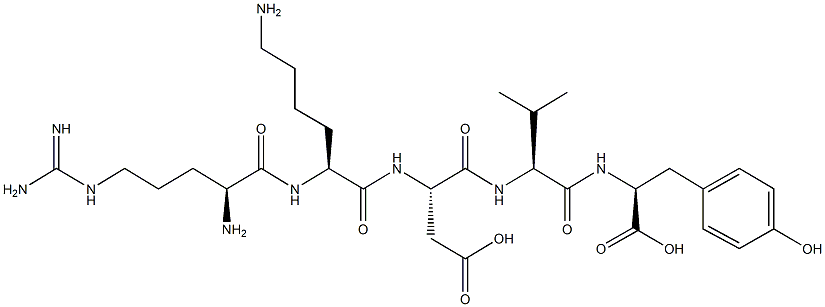
What is Thymopentin?
Description
Thymopentin is a kind of peptide. Peptides and polypeptides play a critical role in the immune system and are therefore predestined as a source for new approaches in immunotherapy. Thymopentin is capable of modulating the immune response. It is a fragment of the thymopoietins (TMPOs) which is a family of nuclear protein. Studies have shown that Thymopentin is capable of affecting the function of T cells and monocytes monitored by increased cGMP level and the triggering of cellular signaling. It is also capable of improve an imbalanced immune system. As an immunomodulating agent, it is clinically used in the treatment of autoimmune diseases such as atopic dermatitis, chronic lymphocytic leukemia, Sezary’s syndrome, rheumatoid arthritis and decreased immune competency. Recent study has also shown that its immuno-modulating effect can also help fight against the infection of mycobacterium tuberculosis.
Originator
Janssen (Belgium)
The Uses of Thymopentin
Thymopentin Acetate (TP-5) is a synthetic immunomodulating pentapeptide.
The Uses of Thymopentin
immunoregulator
Definition
ChEBI: Thymopentin is an oligopeptide.
brand name
SINTOMODULINA; TIMUNOX
Clinical Use
Thymopentin is a synthetic, immunomodulating pentapeptide, representing the active fragment of the thymus hormone, thymopoietin. Thymopentin induces phenotypic differentiation and maturation of T-cells. It appears of value in the treatment of primary immune deficiency, rheumatoid arthritis, atopic dermatitis, sarcoidosis and a variety of other diseases with manifestations of disturbed immune balance.
References
Zhang, Yan, et al. "Novel thymopentin release systems prepared from bioresorbable PLA–PEG–PLA hydrogels." International journal of pharmaceutics 386.1 (2010): 15-22.
Gonser, S., E. Weber, and G. Folkers. "Peptides and polypeptides as modulators of the immune response: thymopentin—an example with unknown mode of action." Pharmaceutica Acta Helvetiae 73.6 (1999): 265-273.
Wang, Ying, et al. "Synthetic modifications of the immunomodulating peptide thymopentin to confer anti-mycobacterial activity." Biomaterials 35.9 (2014): 3102-3109.
Properties of Thymopentin
| Density | 1.44±0.1 g/cm3(Predicted) |
| storage temp. | Keep in dark place,Inert atmosphere,Store in freezer, under -20°C |
| solubility | DMF: 30 mg/ml; DMSO: 25 mg/ml; Ethanol: 1 mg/ml; PBS (pH 7.2): 10 mg/ml |
| form | Powder |
| pka | 3.07±0.10(Predicted) |
| color | White |
| CAS DataBase Reference | 69558-55-0(CAS DataBase Reference) |
Safety information for Thymopentin
| Signal word | Warning |
| Pictogram(s) |
 Exclamation Mark Irritant GHS07 |
| GHS Hazard Statements |
H302:Acute toxicity,oral |
| Precautionary Statement Codes |
P264:Wash hands thoroughly after handling. P264:Wash skin thouroughly after handling. P270:Do not eat, drink or smoke when using this product. P330:Rinse mouth. P301+P312:IF SWALLOWED: call a POISON CENTER or doctor/physician IF you feel unwell. P501:Dispose of contents/container to..… |
Computed Descriptors for Thymopentin
Thymopentin manufacturer
New Products
Indole Methyl Resin tert-butyl 9-methoxy-3-azaspiro[5.5]undecane-3-carboxylate Boc-His(Boc)-OH 2-CTC Resin 4-Chloro-7-tosy1-7Hpyrrolo[2,3-d]pyrimidine 5,7-Dibromo-1H-indole 2,5-dichloro-N-hydroxy-4,6-dimethylpyridine-3-carboximidamide 2,2-Dimethoxy-7-azaspiro[3.5]nonane hydrochloride 4-chloromethyl-5-methyl-1,3-dioxol-2-one (DMDO-Cl) R-2-BENZYLOXY PROPIONIC ACID 1,1’-CARBONYLDIIMIDAZOLE 1,1’-CARBONYLDI (1,2-4 TRIAZOLE) N-METHYL INDAZOLE-3-CARBOXYLIC ACID 4-((2-hydroxyethyl)thio)benzoic acid 1-(TERT-BUTOXYCARBONYL)-2-PYRROLIDINONE Methyl 6-methylnicotinate 3-Pyridineacrylic acid tert-Butyl carbazate TETRAHYDRO-2H-PYRAN-3-OL 2-((4-morpholinophenylamino) (methylthio) methylene) malononitrile 3-(4-morpholinophenylamino)-5-amino-1H-pyrazole-4-carbonitrile 2,4-dihydroxybenzaldehyde 1,3-Diethyl-1,3-Diphenylurea Methyl 2-methylquinoline-6-carboxylateRelated products of tetrahydrofuran



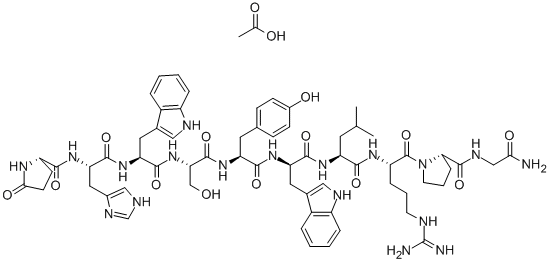
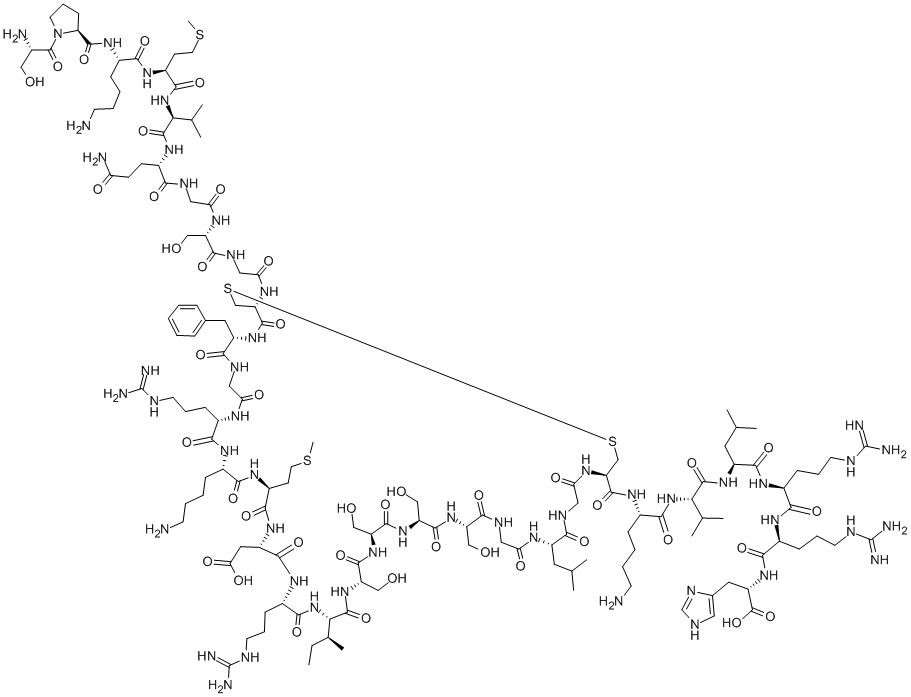

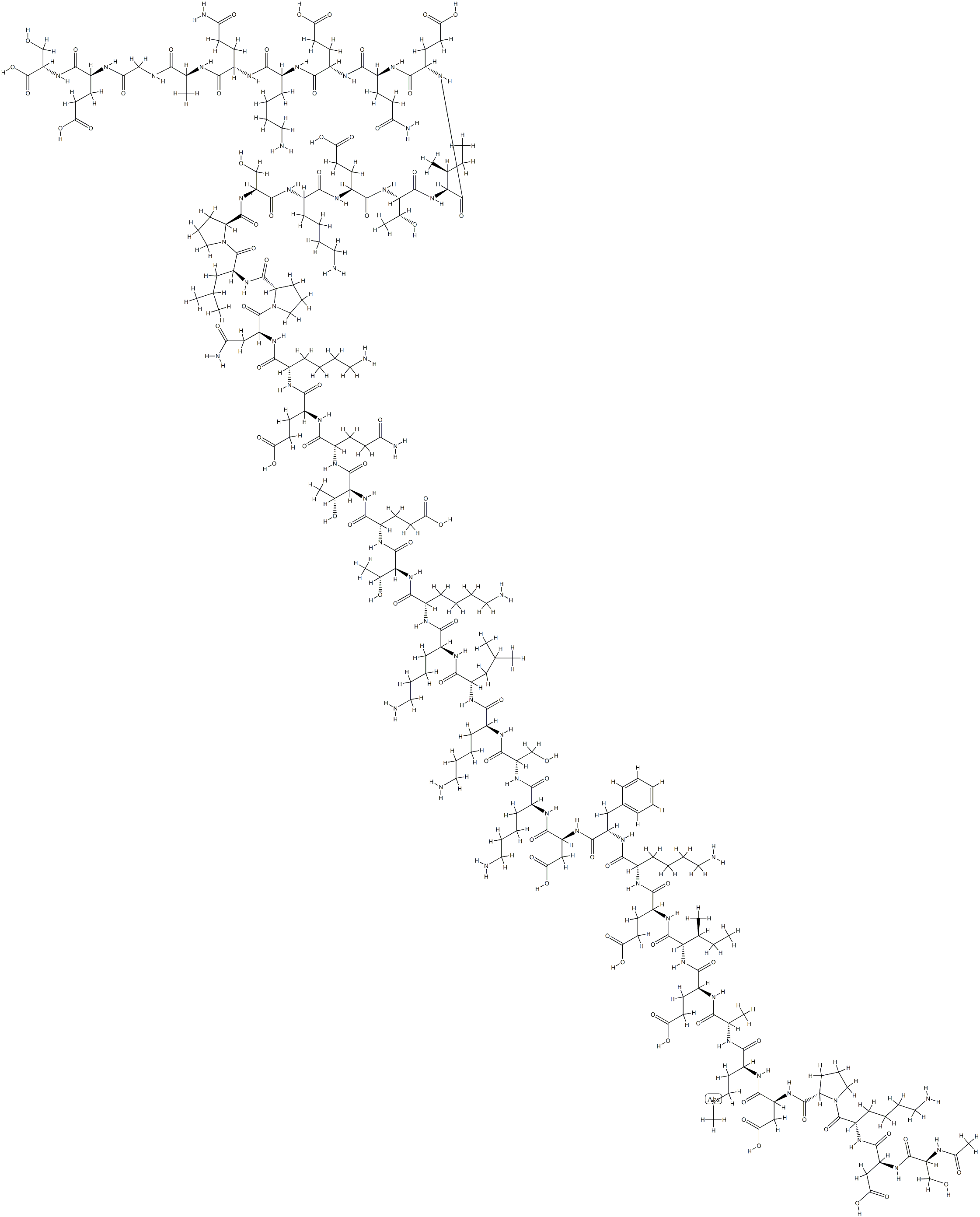
You may like
-
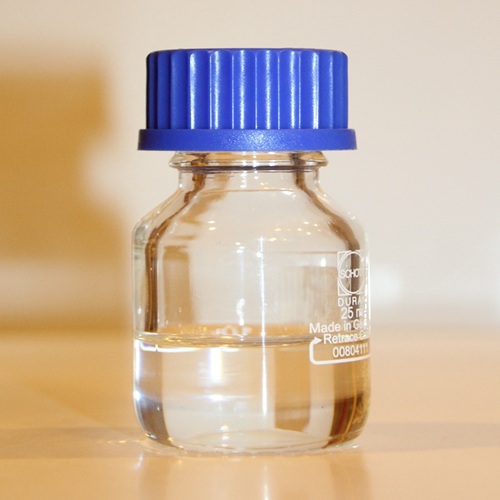 Pyridine 99.5% HPLC /UV SpectroscopyView Details
Pyridine 99.5% HPLC /UV SpectroscopyView Details
110-86-1 -
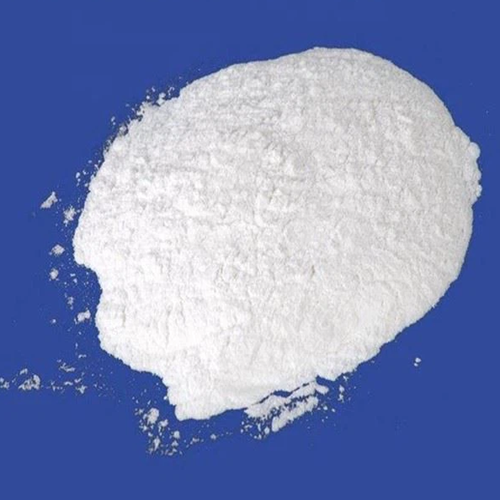 Guanine , 99%View Details
Guanine , 99%View Details
73-40-5 -
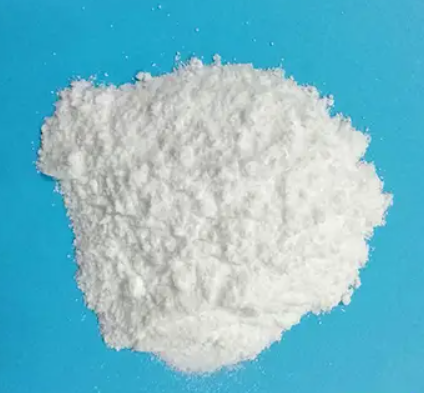 Piperazine Spot supply, best priceView Details
Piperazine Spot supply, best priceView Details
110-85-0 -
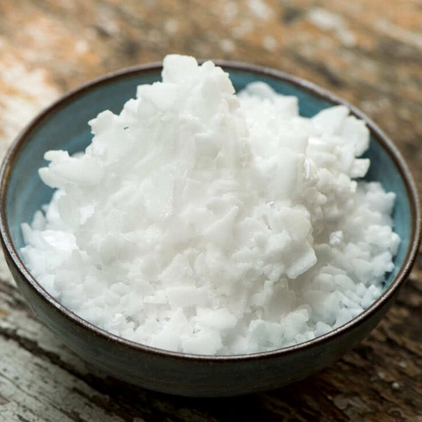 Potassium Hydroxide 90%View Details
Potassium Hydroxide 90%View Details
1310-58-3 -
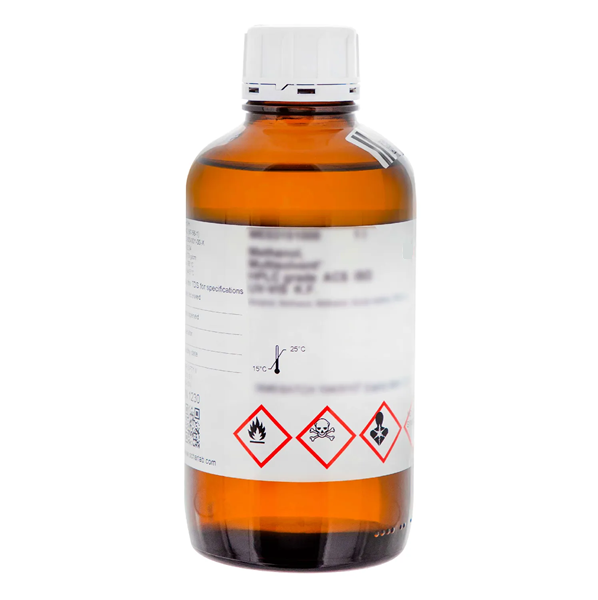 Dibutyl PhthalateView Details
Dibutyl PhthalateView Details
84-74-2 -
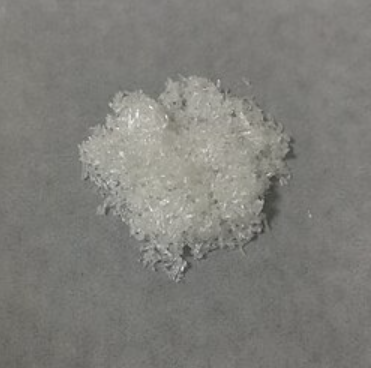 Imidazole Spot supply, competitive priceView Details
Imidazole Spot supply, competitive priceView Details
288-32-4 -
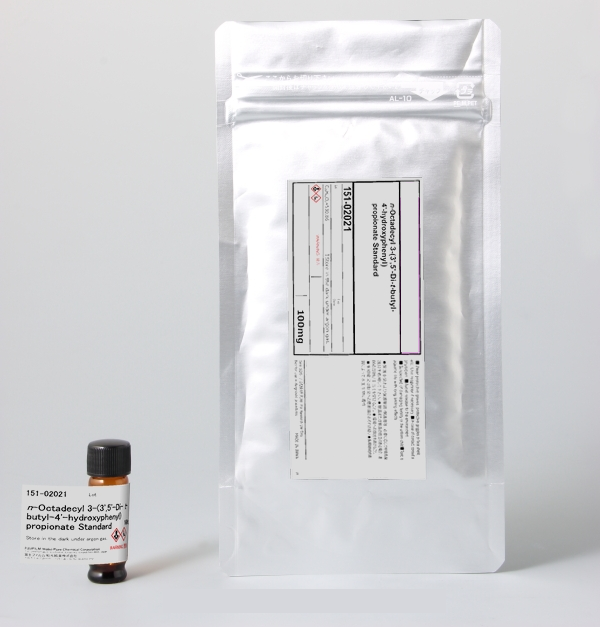 Octadecyl 3-(3,5-di-tert-butyl-4-hydroxyphenyl)propionate 98% (GC)View Details
Octadecyl 3-(3,5-di-tert-butyl-4-hydroxyphenyl)propionate 98% (GC)View Details
2082-79-3 -
 Thiourea 99% ARView Details
Thiourea 99% ARView Details
62-56-6
